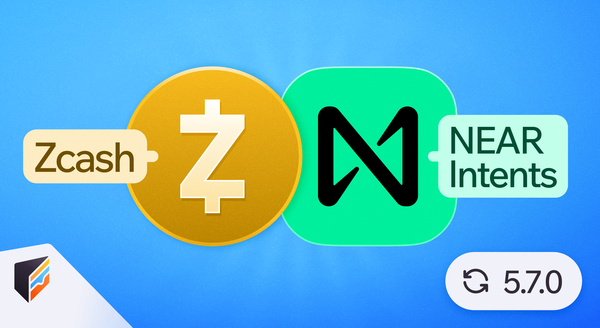Prime Intellect Just Proved Decentralized AI Isn't a Pipe Dream

While Silicon Valley mega-corps and secretive government labs fight for AI supremacy, Prime Intellect just dropped a reality check: a 32B parameter language model trained entirely through globally distributed reinforcement learning. No massive data centers required.
Their newly released INTELLECT-2 isn't just another large language model – it's the manifestation of a radically different approach to AI development that could actually deliver on the long-promised democratization of artificial intelligence.
What They've Actually Built
Let's cut through the hype: INTELLECT-2 is a 32B parameter reasoning model built on top of QwQ-32B. That's not tiny, but it's not exactly frontier-scale either. What makes this genuinely revolutionary isn't the model itself but how they trained it.
Traditional reinforcement learning requires tightly coupled GPU clusters with expensive high-bandwidth interconnects. Prime Intellect threw that constraint out the window by creating a fully asynchronous RL training system that can operate across consumer-grade internet connections and heterogeneous hardware.
The practical upshot? Anyone with compute can meaningfully contribute to advancing AI capabilities – not just cloud providers and nation states.
The Open Source Stack That Makes It Possible
Prime Intellect isn't just releasing a model; they're open-sourcing the entire infrastructure that made it possible:
- PRIME-RL: An asynchronous reinforcement learning framework specifically designed for decentralized training. It decouples rollout generation, model training, and weight broadcasting – the key architectural innovation that makes distributed RL viable.
- SHARDCAST: A cleverly designed library that efficiently propagates model weights to decentralized workers using a tree-topology network. The bandwidth challenges of pushing gigabyte-sized model updates to thousands of nodes? Solved.
- TOPLOC: Perhaps the most technically interesting component – a locality-sensitive hashing scheme that can verify model inference has been performed correctly without trusting the inference workers. This solves the "malicious participant" problem that plagues most decentralized computing efforts.
Together, these components create something genuinely new: an AI training pipeline that can harness globally distributed compute while maintaining training stability.
Why This Matters For The Future of AI
The implications here extend far beyond one 32B model:
- Breaking the Compute Monopoly: Training frontier AI increasingly requires computational resources only available to a handful of organizations. Prime Intellect's approach could flatten that curve by allowing smaller players to coordinate resources.
- Permissionless Innovation: Their infrastructure lets anyone contribute to model training without asking permission from gatekeepers. This fundamentally changes who gets to participate in AI development.
- True Open Source: Unlike the increasingly common "open weight, closed training" approach, Prime Intellect is releasing everything - code, data, weights, and infrastructure. This enables innovation at every layer of the stack.
The company's X bio states their mission plainly: "Find compute. Train models. Co-own intelligence." This release delivers convincingly on all three promises.
Not Without Limitations
To be fair, the results aren't mind-blowing yet. Prime Intellect acknowledges that while they improved upon the QwQ-32B base model on mathematics and coding benchmarks, the gains weren't revolutionary. They point to the need for better base models and higher quality datasets to achieve more substantial improvements.
Their infrastructure still faces challenges with coordination overhead and trust verification. The TOPLOC system is clever but adds computational overhead that a centralized training run wouldn't need.
But these limitations feel like engineering problems rather than fundamental flaws in the approach. The first version of anything transformative is rarely perfect.
The Power Shift No One Saw Coming
For years, the narrative around AI has been that bigger is better and only the biggest players can compete. Prime Intellect is proposing an alternative future where collectively pooled resources can rival centralized efforts.
The implications aren't lost on others building in the decentralized AI space. Jacob Steeves, co-founder of Bittensor, immediately recognized the significance, tweeting: "Incredible release from Prime. Get it permissionless and incentivized — we will co-mine with you towards a future of decentralized intelligence. Imagine the freedom we will win when we own AI collectively."
Joseph Jacks, founder of OSS Capital, echoed the sentiment with a simple but telling "Totally agree, +1. This would indeed be super cool." When both decentralized protocol builders and open source investors are taking notice, something important is happening.
Will it work? It's too early to tell. But Prime Intellect has proven that decentralized AI training isn't just a theoretical possibility – it's a practical reality with working code and an actual model to show for it.
In an industry increasingly dominated by closed research and proprietary models, Prime Intellect's approach feels like a genuine breath of fresh air. They're not just talking about democratizing AI – they're building the infrastructure to make it happen.
The full technical report is available at https://www.primeintellect.ai/blog/intellect-2-release.








